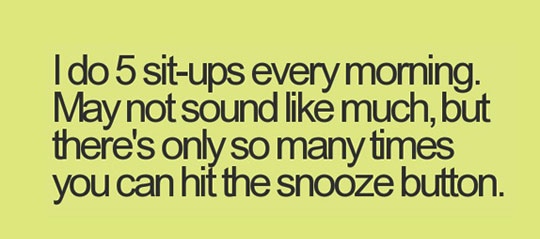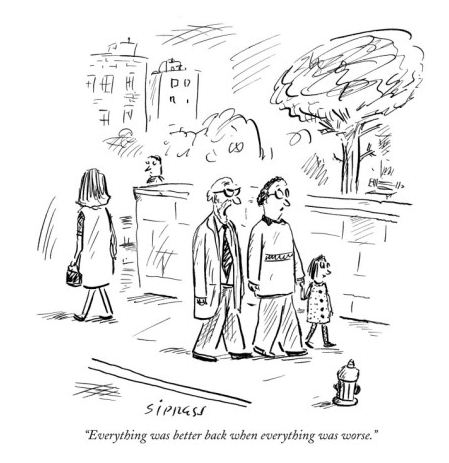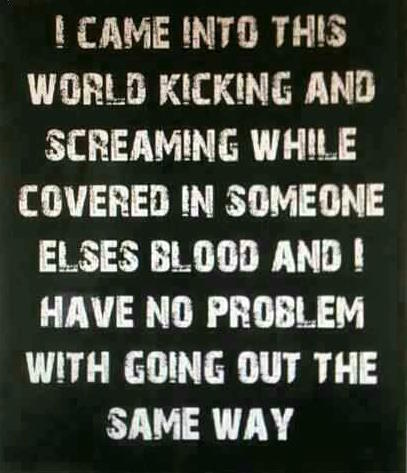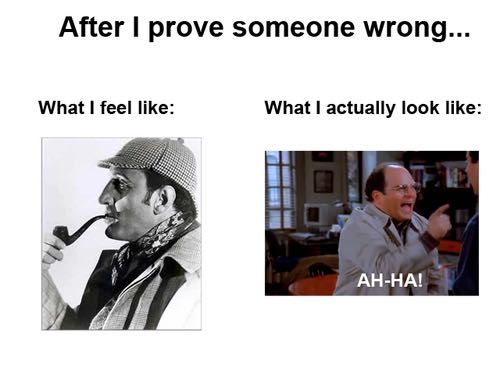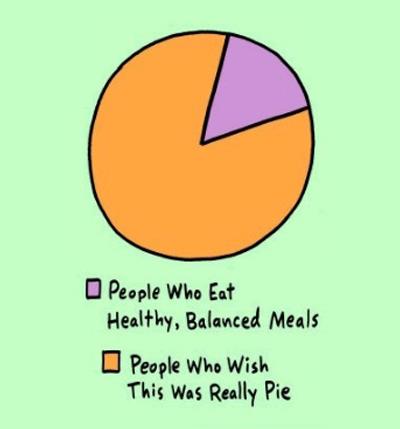How The Most Powerful People Get Things Done: 4 Tips From A White House Staffer
all have big decisions to make and deadlines to meet. And sometimes it can feel overwhelming. This got me wondering: how do the most powerful people get things done? When lives are on the line, literally trillions of dollars are at stake and the world is watching... how do people handle those situations? There have to be things we can learn from them. So I called my friend James Waters. James was Deputy Director of Scheduling at the White…
10 minutes
The Morning Routine Experts Recommend For Peak Productivity
at's the best way to start your day so that you really get things done? Laura Vanderkam studied the schedules of high-achievers. What did she find? Almost all have a morning routine. I've interviewed a ton of top experts about their productivity secrets: Tim Ferriss, Cal Newport, Dan Ariely, Charles Duhigg, and others. But you're busy. You don't have time to read all that stuff. You need a plan. So many readers have written to me saying what my friend Jason always does:…
7 minutes
How To Find Happiness In Today’s Hectic World
ying to find happiness in a world so busy and complicated can seem impossible. What's weird is that in so many ways our lives are objectively better than our grandparents' lives were. We have more... yet we often feel worse. Don't you wonder if life was happier when it was simpler? I do. Who has the explanation for this? And more importantly, who has answers on how to fix it? I don't. But I know someone who does. So I gave Barry Schwartz a call. He's…
10 minutes
7 Secrets Top Athletes Can Teach You About Being The Best At Anything
'd all like to be better at what is most important to us. Top athletes know the secrets to constant improvement but most of us don't hang out with gold medalists or top coaches and we're not familiar with the sports research. So I called a guy who is. David Epstein is the author of the New York Times bestseller The Sports Gene: Inside the Science of Extraordinary Athletic Performance. It's an excellent read whether you're a sports fan or not…
7 minutes
A Navy SEAL Explains 8 Secrets To Grit And Resilience
metimes you just want to quit. You know you shouldn't but nothing seems better than crawling back into bed and hiding under the covers. (I am there right now, actually, with my laptop.) The emerging science of grit and resilience is teaching us a lot about why some people redouble their efforts when the rest of us are heading for the door. Research is great, but it's always nice to talk to someone who's been there firsthand, and to see how…
12 minutes
How To Make Difficult Conversations Easy
meone is screaming in your face at the top of their lungs. Or ranting angrily and you can't get a word in edgewise. Or maybe they're sobbing so hard you can barely understand what they're saying. We've all been there. These situations don't happen a lot (thank god) but we all feel helpless when they do. And because they're rare we don't ever seem to get better at handling them. Problem is, these moments are often critical because they're usually with people…
9 minutes
How To Be Like Sherlock Holmes: 4 Insights From Research
uldn't it be great to be able to just look at someone and tell what they're really like? Sherlock Holmes does this all the time and it's incredibly cool. Check out this clip from the BBC show Sherlock. Of course, Sherlock Holmes is a fictional character and nobody can read people quite that well. We can all get better at it, though. But where do you learn a skill like that? And I mean for real -- methods backed by science. So…
7 minutes
How To Eat Healthy: 5 Easy New Tips From Research
u know you should eat healthier. But it's not easy. Temptation is all around and willpower, well, isn't. The solution is in making better choices. Psychology. But most of the answers we hear aren't legit. So I called a guy who knows the real deal: Brian Wansink. He leads food psychology research at Cornell University and the White House chose him to revise US dietary guidelines. He has a great website and is author of two smart books on the subject of tricking yourself into…
7 minutes

